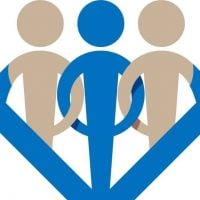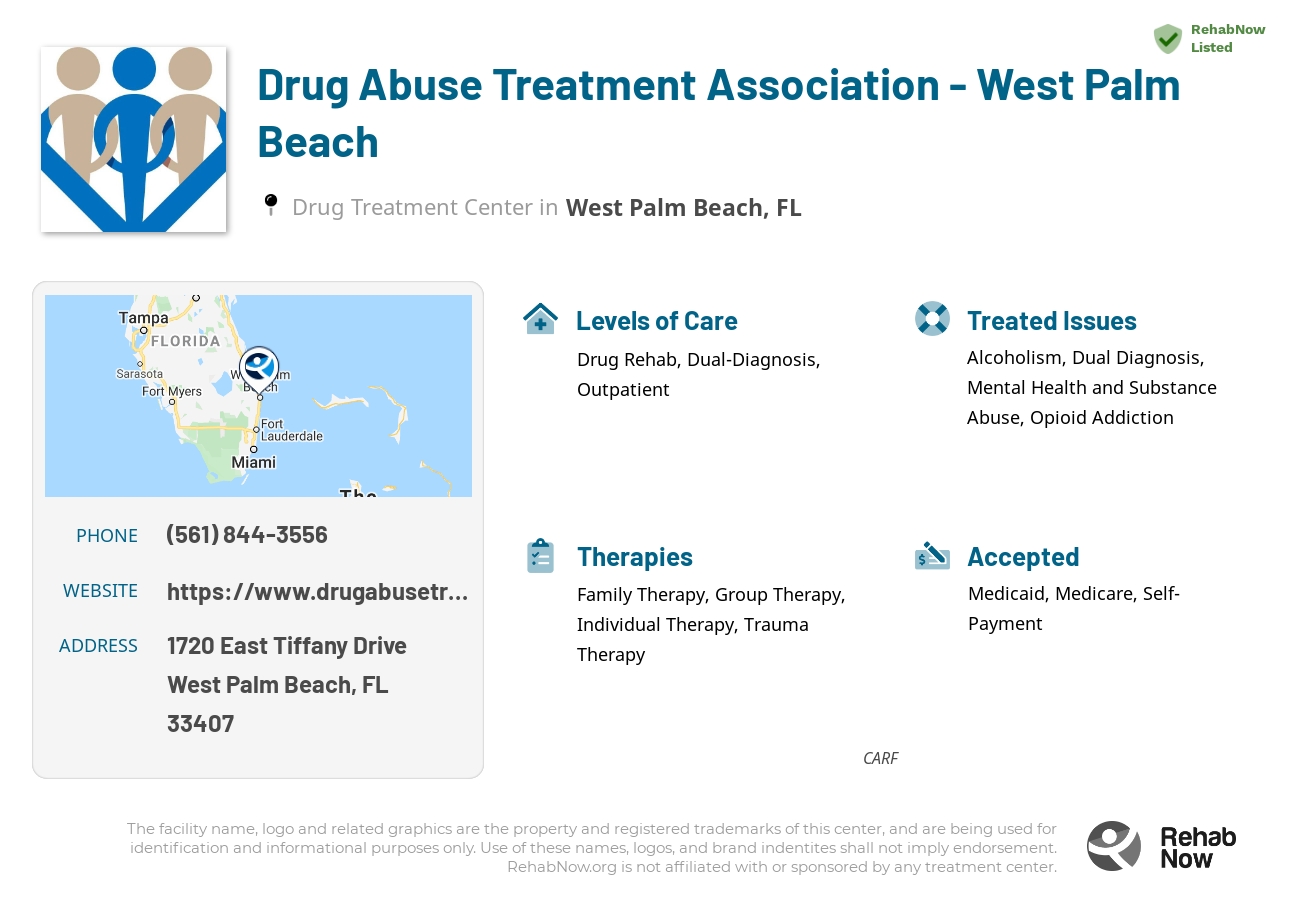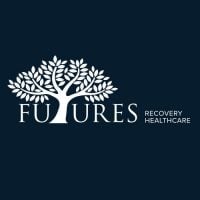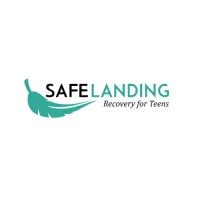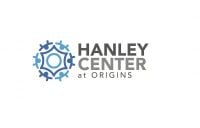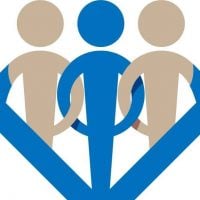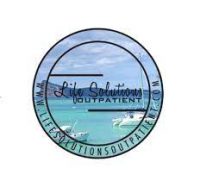Drug Abuse Treatment Association - West Palm Beach
Drug Rehab Center in West Palm Beach, Florida
Drug Abuse Treatment Association - West Palm Beach is an accredited CARF facility that provides a comprehensive range of evidence-based addiction treatments, including dual-diagnosis and outpatient care, family support, and educational programs to help individuals overcome their substance use disorder and achieve sustainable sobriety.
About This Florida Facility
Drug Abuse Treatment Association - West Palm Beach, located in West Palm Beach, FL, has been a beacon of hope for individuals and families affected by addiction for over 40 years. This renowned facility specializes in outpatient treatment for alcohol and substance abuse, offering comprehensive assessments, counseling, family therapy, and more.
- A trusted name in the community, with four decades of experience in helping individuals overcome addiction
- Personalized treatment plans tailored to each individual's unique needs and circumstances
- A holistic approach that addresses the physical, mental, and emotional aspects of addiction
Drug Abuse Treatment Association - West Palm Beach has earned accreditation from CARF (Commission on Accreditation of Rehabilitation Facilities), a testament to their commitment to providing high-quality care and adhering to rigorous standards of service and treatment.
The facility treats a wide range of addictions, including alcoholism, opioid addiction, drug addiction, and substance abuse. They also offer dual-diagnosis treatment, addressing both addiction and co-occurring mental health issues simultaneously. Their comprehensive services include drug rehab programs, outpatient programs, and aftercare support, ensuring a continuum of care throughout the recovery journey.
Genders
Ages
Modality
Additional
Accreditations

CARF
The Commission on Accreditation of Rehabilitation Facilities (CARF) is a non-profit organization that specifically accredits rehab organizations. Founded in 1966, CARF's, mission is to help service providers like rehab facilities maintain high standards of care.
Conditions and Issues Treated
Substance abuse is defined by the continued use of drugs or alcohol despite negative consequences, such as legal or work problems. It can be treated using a variety of services, including therapy and medication.
Substance abuse treatment is beneficial for:
- People who have been using drugs or alcohol for a long time.
- People who have been using drugs or alcohol to cope with stress, anxiety, or depression.
- People who have a mental health disorder in conjunction with substance abuse.
- People who continue to use drugs or alcohol despite the harmful effects they cause on their own life and the lives of others.
- People who have had multiple failed attempts at recovery without medical assistance.
If you believe that addiction treatment is right for you or a loved one, you can contact your primary care physician, or search for addiction treatment centers in your area. Treatment is beneficial to people who are motivated towards recovery, and who understand the benefits of professional care.
Opioid addiction is the result of repeated use, or abuse, of opioid drugs. It is recommended for people who are dependent on opioids, or who have a high risk for dangerous health concerns, to seek professional treatment. Treatment plans usually include behavioral therapy and medication-assisted treatment.
Opioid drugs include: fentanyl, heroin, methadone, oxycodone, and oxymorphone.
Opioid addiction treatment is beneficial for:
- People who have a history of severe withdrawal.
- People with a high risk for dangerous health concerns.
- People having difficulty overcoming opioid addiction on their own.
There are different kinds of Dual Diagnosis:. A person who simultaneously experiences both a mental illness and an addiction disorder. Or, a person who experiences one or more coexisting (simultaneous) mental health conditions in addition to a primary substance use disorder.
The treatment requires a multi-disciplinary approach, it’s crucial for individuals to partner up with a healthcare provider who understands all the recovery components.
Levels of Care Offered at Drug Abuse Treatment Association - West Palm Beach
This center offers a variety of custom treatment tailored to individual recovery. Currently available are Aftercare Support, Drug Rehab, Dual-Diagnosis, Outpatient, with additional therapies available as listed below.
The outpatient programs in West Palm Beach, FL are for those addicted drugs or alcohol. The goal of the outpatient rehabilitation program is to make them stop abusing drugs or alcohol, reduce drug use or addictive behaviors, and become entirely sober. It is generally required to attend the outpatient program for 10-12 hours every week.
Patients can be administered on-the-spot medication to ease withdrawal symptoms such as anxiety, increased heart rate, and even depression. Groups such as Alcoholics Anonymous (AA) and Narcotics Anonymous (NA) can be used as a part of outpatient treatment to help maintain sobriety.
Aftercare support is a service many addicts need to ensure their success at recovery. This service usually includes one-on-one or group therapies, assistance from a sponsor and other types of help designed to make sure the patient continues living a life free from drugs.
Patients also may require medication to help them battle addiction. Some people have been able to successfully recover without additional medications, but others have found that they need help during their transition. Long-term, the patient must take the initiative to attend meetings and receive help from other addicts in recovery.
Therapies & Programs
People in addiction recovery can benefit from individual therapy. This type of therapy involves meeting with a therapist one-on-one. This allows for a personal and trusting relationship to be built so that the patient can be truly themselves and express any emotions they feel. Individual therapy leads to greater understanding and peace about your triggers for addiction and coping strategies to prevent relapse.
Couples therapy for drug addiction is based on the belief that addiction is a family disease. Everyone involved with an addict, not just the addict themselves, is affected by their behavior and the changes the addict goes through. The relationship also changes the addict’s significant other and has likely picked up some codependent behaviors. Codependency is a term used to describe a person obsessed with another person and their needs and feelings while neglecting their own. Addicts are usually people-pleasers, so it is understandable how one can become codependent in relationships with addicts.
Family therapy is a type of group problem-solving that aims to improve communication and relationships between the patient, their family, and sometimes friends. The main goal of family therapy for drug addiction is to create an environment where communication can occur without judgment, hostility, or blame. The therapist is with the family as they learn to communicate with each other differently, especially with the addict when s/he is using.
Group therapy sessions are held in rehab facilities, clinics, churches or community centers that offer drug addiction treatment. People who attend these groups are encouraged to voice their feelings and support other addicts in recovery. This helps group members strengthen their own recovery program while cheering on others who are struggling with sobriety.
Group therapy sessions provide recovering addicts with a chance to cope with everyday situations that many face. Group therapy sessions are held in rehab facilities, clinics, churches or community centers that offer drug addiction treatment.
People who attend these groups are encouraged to voice their feelings and support other addicts in recovery. This helps group members strengthen their own recovery program while cheering on others who are struggling with sobriety.
If you’re looking for addiction treatment, it’s important to find a facility that offers trauma therapy. This type of therapy helps people process and understand the past traumas that have led to their addiction. Trauma therapists will work with clients to help them understand their past and present relationships and show them that they are worthy of love. This therapy is typically done using visualization, discussion, and writing down thoughts and feelings.
Trauma Therapy is a form of therapy that involves working with a patient to help them process and understand the past trauma(s) in their life. This therapy is typically done using techniques such as visualization, discussion, and writing down thoughts and feelings. The main goals of trauma therapy is to help clients express their emotions and talk about what they are feeling.
Cognitive Behavioral Therapy (CBT) helps addicts identify faulty, negative thinking so that they can work together with the therapist to find healthier ways of thinking. CBT focuses on specific aspects of each person’s thinking, feeling, physiology, and behavior. It aims to identify specific problems in these areas, and create a personalized treatment strategy.
12-Step Program is used by drug treatment centers to get addicts sober. The treatment is outlined by Alcoholics Anonymous and Narcotics Anonymous books which detail the steps drug users need to take in order to get sober. The program is often used as a part of an inpatient or outpatient treatment program and is frequently recommended by doctors.
The 12 steps typically begin with addicts admitting they need help. They are then guided through the steps by a sponsor, someone who has already struggled to get sober themselves. They will work through physical withdrawal symptoms, identify the problems that led to their addiction and learn how to resist cravings.
Some people call CM motivational incentives. This type of therapy retrains the mind and body. The goal of CM is to teach the body how to react appropriately to certain positive or negative behaviors. People who make good choices will be rewarded with privileges from key staff members at Drug Abuse Treatment Association - West Palm Beach.
These rewards may include an early release date for inmates who have been incarcerated for drug abuse crimes, despite having a prison record full of negatives.
Payment Options Accepted
For specific insurance or payment methods please contact us.
Is your insurance accepted?
Ask an expert, call (888) 674-0062
Drug Abuse Treatment Association Associated Centers
Discover treatment facilities under the same provider.
- Drug Abuse Treatment Association - Walter D. Kelly Center in West Palm Beach, FL
- Drug Abuse Treatment Association - Fort Pierce in Fort Pierce, FL
Learn More About Drug Abuse Treatment Association Centers
Additional Details
Specifics, location, and helpful extra information.
West Palm Beach, Florida 33407 Phone Number(561) 844-3556 Meta DetailsUpdated April 15, 2024
Staff Verified
Patient Reviews
There are no reviews yet. Be the first one to write one.
West Palm Beach, Florida Addiction Information
Florida is one of the nation's epicenters for substance abuse and drug-related overdoses. In 2014, around 410,000 Florida residents were addicted to drugs and alcohol. Over the last 10 years, 12% of all deaths in the state were attributed to substance abuse. Treatment admissions for alcohol reached 24,329 patients in 2016, and 2.5% of Florida high school students admitted to using crack cocaine.
More than half of all drug-related deaths in West Palm Beach, FL, are related to cocaine. Heroin and prescription opioid abuse is also a significant problem. The number of overdose deaths in Palm Beach County increased by 23% from 2015 to 2016. Overdose deaths cost the community $68 million in 2018. To combat this problem, the city offers a variety of treatment options. One of the most popular options is outpatient treatment.
Treatment in Nearby Cities
- Deerfield Beach, FL (30.2 mi.)
- Clermont, FL (161.7 mi.)
- Punta Gorda, FL (121.7 mi.)
- Palm Beach, FL (4.4 mi.)
- Sebastian, FL (77.2 mi.)
Centers near Drug Abuse Treatment Association - West Palm Beach
The facility name, logo and brand are the property and registered trademarks of Drug Abuse Treatment Association - West Palm Beach, and are being used for identification and informational purposes only. Use of these names, logos and brands shall not imply endorsement. RehabNow.org is not affiliated with or sponsored by Drug Abuse Treatment Association - West Palm Beach.
